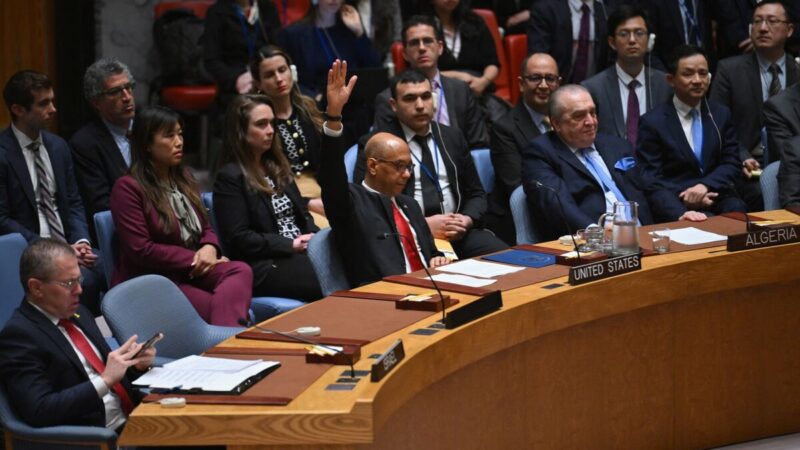The Abraham Accords: A Chance to Rethink the Arab-Israeli Conflict

The potential of the Abraham Accords to change regional realities relies on its extraordinary timing. As the COVID-19 crisis takes its toll, national priorities — from Khartoum to Kuwait City — are partially shifting from traditional political considerations to urgent economic needs. The decline in oil prices and the expected decline in growth of more than 7% in Gulf Cooperation Council countries in 2020 have turned general goals such as diversifying the Gulf economies and utilizing new global business opportunities into immediate necessities.
In this nexus, normalization with Israel provides an undeniable opportunity. Israel’s status as a leading hi-tech hub presents a viable platform for joint cooperation in multiple fields, from agriculture to health. For other regional actors, such as Sudan, US endorsement of the normalization process offers the opportunity to mend relations in the hope of lifting sanctions and receiving financial aid.
From an international perspective, the potential of the accords to influence the Israeli–Palestinian political stalemate remains a key question. On the one hand, the accords serve as yet another disincentive for Israel to reengage with the Palestinian issue. They demonstrate that Israel’s acceptance in the region does not necessitate paying the price of tough compromises on the Palestinian front.
The Israeli public’s sense of urgency for dealing with topics such as the Israeli occupation or Jewish settlements in the occupied Palestinian Territories will decrease even further, as the accords enhance the comfortable illusion that the events shaping Israel’s future in the Middle East are taking place in Abu Dhabi and Muscat instead of in Gaza and Kalandia.
Nevertheless, the accords reintroduced the terms “peace” and “normalization” into Israeli public discourse after a decade of absence. The violence affiliated with the Arab Spring in 2011 enhanced the Israelis’ self-perception of their country as a “villa in the jungle.” These events had turned their perception of normalization with the Arab world from a token concern into an outdated distraction. Now, and for the first time in decades, public polls indicate a change in the Israeli public mindset regarding normalization, both on the political and economic levels, reinstating it as a matter of value.
Reengage With the Palestinian Issue
The Abraham Accords invite European leaders to rethink their policy approach regarding the Arab-Israeli conflict. In the last two decades, the European Union’s approach has been to compartmentalize the conflict between the Israelis and Palestinians from the regional context and focus on bilateral relations. The accords offer new opportunities to leverage the broader regional context as a basis to reengage with the core Israeli-Palestinian conflict.






